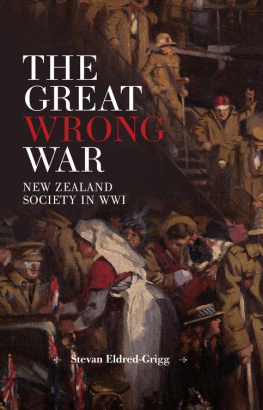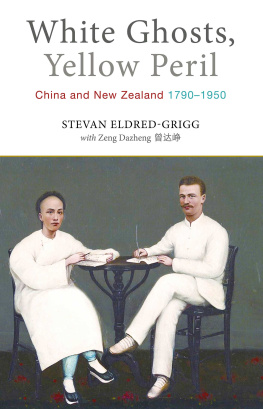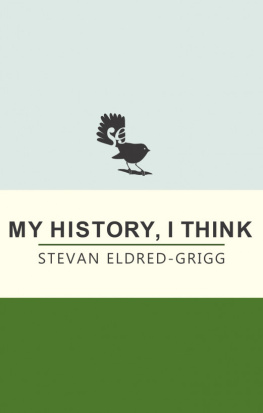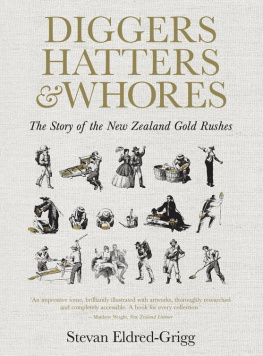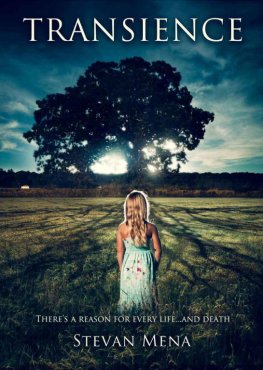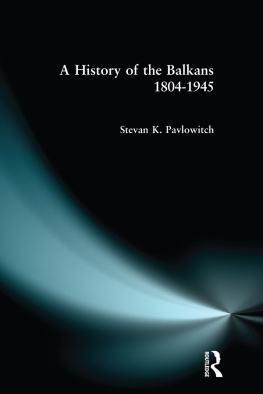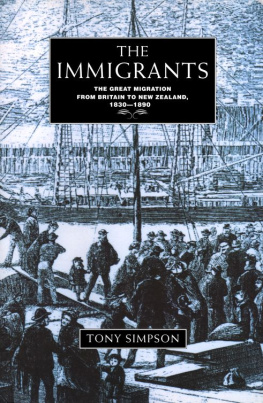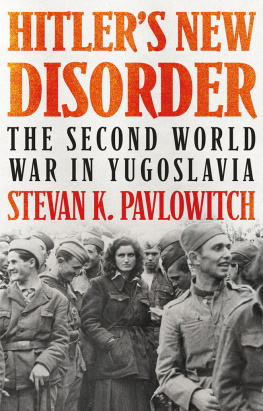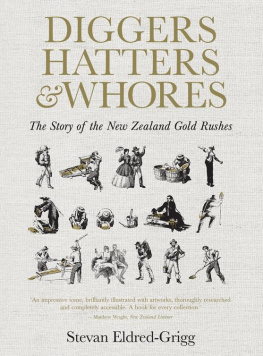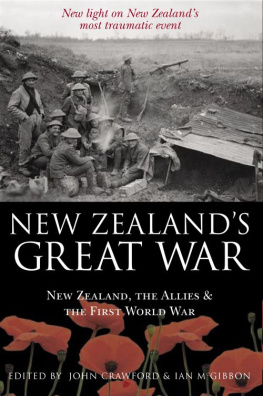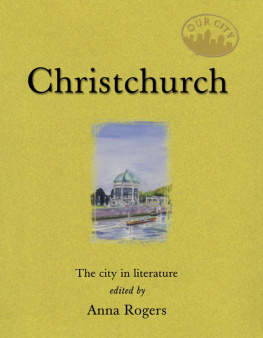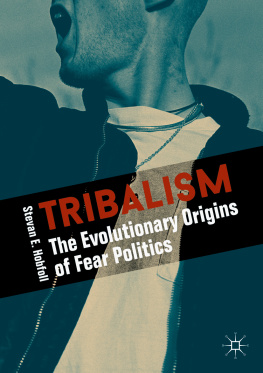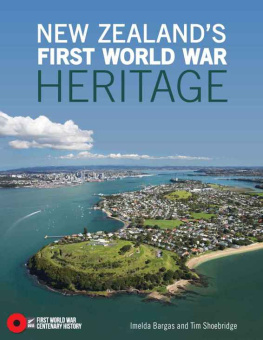A LUCKY LAND
New Zealand, an archipelago curving in a crescent for nearly two thousand kilometres across the widest ocean in the world, lies far away from the battlefields of Europe. A self-governing kingdom known by the quaint title dominion, the country on the eve of the Great War seemed to many travellers strikingly thriving and easy-going. New Zealanders were pleasant, quiet, and affectionate, wrote visiting English poet, Rupert Brooke. Max Herz, an intellectual German traveller, thought the dominion blessed.
A lucky people, he wrote, in a lucky land.
The white people doing so well in the orderly streets of the modern towns, and amid the orderly fields of the modern farms, numbered nearly 1.1 million and had mostly been born in New Zealand. Seven out of ten were natives. The other three out of ten had mostly been born in Europe. Whites were overwhelmingly the offspring of speakers of Germanic languages, chiefly English but also German and Scandinavian. A markedly smaller group of whites in the dominion sprang from the Celtic peoples of northern Europe: the inland and southern Irish, the island and highland Scots, and the Welsh. One out of every twenty people in the dominion was not white. Chinese lived on market gardens and in city districts. Maori lived in villages along river valleys. Polynesian villagers lived on island colonies scattered across thousands of kilometres north of the Tropic of Capricorn.
The government of the home islands answered to one of the most democratic electorates in the world. All women and men had the vote as long as they were citizens, sane and not in prison. Votes were wielded so bravely and imaginatively that the country sometimes seemed a social laboratory. Citizens were keen writers, keener readers, highly lettered by the standards of the day. Matthias Blassneck, a German observer, thought it startling to observe how swiftly a spanking new system of education had developed in New Zealand.
Citizens had the right to come and go as they chose, without passports. They had the right to spell out their thoughts on politics or religion without censorship. They believed themselves free folk, university student Doris Jolly wrote years later, free as the rata vines in which they swung and free as the waves in which they swam.
The dwellings of most white householders were cottages or villas of red brick and boldly painted wood. The farms of the home islands were extraordinarily efficient, more advanced technologically than in nearly any other land, and yielded richly. Workshops and factories earned nearly as much money. Mines yielded coal and gold.
Almost all white men and women living in the dominion believed that theirs was a harmless land wishing only to live in peace. War would be waged only to defend freedom and democracy.
The truth was a good deal more chequered.
SOLDIER-MAKING
Militarism had been weak during the first few years of the new century. The Free Lance, a conservative weekly, had quoted the governor approvingly when he told an assembly of schoolchildren that the best way to show citizenship was by working for peace.
There never was much real splendour in dying for ones country, noted the newspaper.
The South African War stirred up a warlike mood, however, after which conservatives began speaking keenly of the need for a strong army. Liberals, less keenly, began to speak the same way. A school cadet system conscripted all boys aged twelve or more into training. Youngsters buttoned into uniforms were taught to obey orders, to stalk about in jackboots, to wield weapons and to be ready to kill. The state was turning schools into recruiting grounds for savage warfare, warned essayists Ada Wells and Sarah Page. James Courage, liberal novelist, portrayed the harrying of schoolboys in Christchurch.
Soldiers should listen to the word of command, the instructor shouted. He was a retired regular, Major Pender, spruce, with a moustache that appeared to drape his upper lip with straw. He carried a small cane tucked beneath his right arm, smartly. Right, he continued. Hands to sides, all of you. Down! He swished the cane, gathering his voice together, watching the rigid faces under the schools red caps. Now well try marching. A soldier, a British soldier, doesnt walk, he marches. The Empire is his parade ground, he thinks of his king and country. The words came out in a harsh chant from beneath the moustache: a droplet of spittle caught the afternoon sun on his chin.
The Reform Party and the Liberal Party, the two leading groups in parliament, backed the war law by a heavy majority. Nine or ten socialist and left-Liberal politicians voted against the law, however, fearing that it was theft of one of the most deeply rooted rights of citizens: the right to choose whether or not to bear arms on behalf of the state. Opponents of the law feared that the poor would bear most of the costs in manpower and money. They feared that a conscript army would be wielded by the state and by capitalists as a weapon against workers. Sir Joseph Ward, Liberal prime minister, was slated by one of his most able ministers for having caved in to a lot of feather-brained jingoes. Military training, thought opponents, would bring, not stop, war.
Within a few years, the answer to his last question would be yes.
Citizens outside parliament debated the war law hotly. Gifted young cartoonist David Low, who worked for newspapers in Christchurch, wrote that the country was filled with argument for and against. The war law was abhorrent to Low. He saw compulsory military training as a system for curtailing the liberties of the people and arresting political progress.
Compulsory military training not only was an outright attack on the freedom of citizens, conscript troops were ordered about in ways at odds with democracy. Volunteer troops had formerly chosen their officers by voting. Now the government proclaimed election of officers good for democratic purposes but not the best when you are dealing with military control. Officers, imposed from the top, were given the power to shout at, shame, shackle and otherwise punish soldiers under their sway.
Youths by the thousand did their best to wriggle out of training, shrugging off what was supposed to be their patriotic duty. General Alexander Godley noted that on the threshold of war, seventeen per cent of young men liable to go into military camp had stayed away. The state arrested many defaulters in every town and county, and prosecuted them in court. Newspapers reported the trials weekly. Harry Cooke was one of a thousand and more convicted in Christchurch.
Why did you not register? he was asked by a magistrate.
I dont believe in murder, was the answer, spoken loudly, and I am not going to be trained to be a murderer.
One sitting of a Wellington court worked its way down a list of thirty-six youths in a day. A crowd of citizens watched and listened, growing angry as young man after young man was found guilty. Samuel Jones, coming before the magistrate, said that he detested militarism and refused to go into the army. Good luck to him! cried a woman.
The socialist movement, growing rapidly among workers and some of the middle class, threw its weight against the law.
The state, during the first three years of enforcement of the war law, convicted nearly seven thousand men and youths for not registering, or refusing to take the oath, or not turning up for parades, or for obstructing parades. Christchurch, the second largest city and stronghold of radicalism in the dominion, led the political campaign against the law.
Feminist organisations also fought the war law. The Womens Christian Temperance Union tackled military training from the point of view of Protestant Christianity. The union slated the system for undermining the ethical values of young men and boys.

